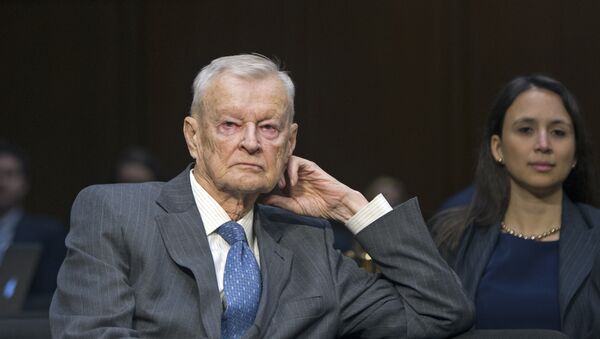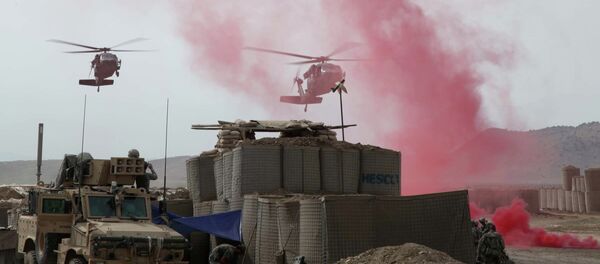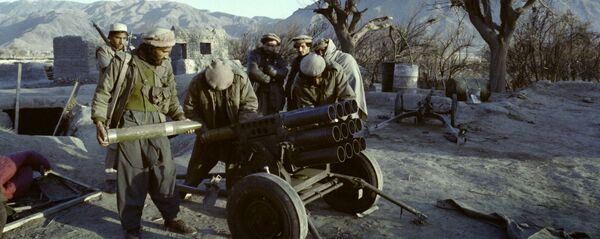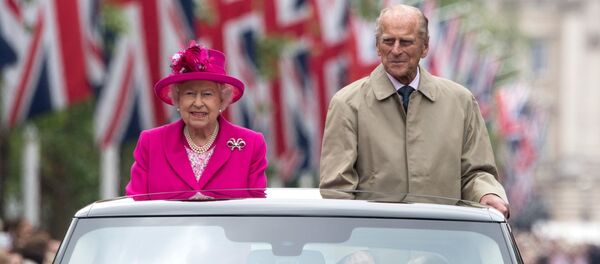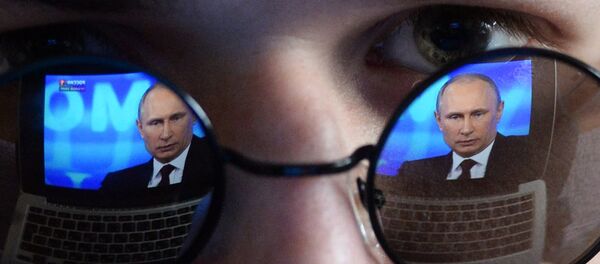By Paul Fitzgerald and Elizabeth Gould
It’s not just Brzezinski who is culpable. It was the Washington bureaucracy that enabled Brzezinski to activate his Machiavellian plot of intentionally drawing the Soviets into his “Afghan Trap.”
How the Washington bureaucracy enabled Brzezinski's scheme and why it's still important today
How Brzezinski activated his Russophobic Imperial Dream that now dominates Washington
In 1977 when Brzezinski stepped into the Oval office as National Security Advisor to President Jimmy Carter, his Russophobia was a well-known fact from Washington to Moscow. It was no surprise that he was not content with the American moderates' pragmatic Cold War acceptance of coexistence with the Soviet state. The Polish born Brzezinski represented the ascendency of a radical new breed of compulsive xenophobic Eastern European intellectual bent on holding Soviet/American policy hostage to their pre-World War II world view. According to Brzezinski biographer Patrick Vaughan, Brzezinski rejected the very legitimacy of the Soviet Union itself, calling it "a cauldron of conquered nationalities brutally consolidated over centuries of Russian expansion."
Racism is not a basis for a rational foreign policy
The Bureaucracy knows Brzezinski has always been a Russophobe
Paul Warnke, President Carter's SALT II negotiator put Brzezinski's racial bias this way in an interview we conducted with him in 1993. "It was almost an ethnic thing with Zbig, basically that inbred Polish attitude toward the Russians. And that of course that was what frustrated the Carter Administration. [Secretary of State] Vance felt very much the way that I did. Brzezinski felt the opposite. And Carter couldn't decide which one of them he was going to follow. So it adds up to a recipe for indecision." Warnke went on to say that he believed the Soviets would never have invaded Afghanistan in the first place if Carter had not fallen victim to Brzezinski's irrational attitude toward détente and his undermining of SALT II. In our own research into the causes of the Soviet invasion we did prove Warnke's assumption that there would have been no invasion without Brzezinski's willful use of entrapment.
The conference revealed that "self-fulfilling prophecies," "a dubious deductive apparatus," and "decisions that provoked as often as they deterred" provided the operating system for more than a decade of Cold War policy under Presidents Carter and Reagan. Numerous scholars pondered Brzezinski's decision-making process before, during and after the Soviet invasion. Dr. Carol Saivetz of Harvard University testified, "Whether or not Zbig was from Poland or from someplace else, he had a world view, and he tended to interpret events as they unfolded in light of it. To some extent, his fears became self-fulfilling prophecies… Nobody looked at Afghanistan and what was happening there all by itself."
But it wasn't until the 1998 Nouvel Observateur interview that Brzezinski boasted that he had provoked the invasion, by getting Carter to authorize a presidential finding to intentionally suck the Soviets in, six months before Moscow considered invading. Yet, despite Brzezinski's admission, Washington's entire political spectrum continued to embrace his original false narrative, that the Soviets were embarked on world conquest.
Brzezinski's Russophobia is still the basis of U.S. foreign policy towards Russia
For Brzezinski, getting the Soviets to invade Afghanistan was an opportunity to shift Washington toward an unrelenting hard line against the Soviet Union. By using deceit combined with covert action, he created the conditions needed to provoke a Soviet defensive response, which he then used as evidence of Soviet expansion. However, after Brzezinski's exaggerations and outright lies about Soviet intentions became accepted, they found a home in America's imagination and never left. US foreign policy, since that time, has operated in a delusion of triumphalism, provoking international incidents and then capitalizing on the chaos.
The role that Brzezinski played, as well as those officials who enabled him to cause the death of Afghanistan while intentionally triggering the rise of Islamic extremism, must be examined. Building to a trial, even in absentia, will begin the desperately needed process of breaking the trance-like hold Brzezinski's Russophobia still has on Washington's foreign policy that is denying its core role in creating Islamic extremism and driving America to the brink of nuclear war with Russia.
No matter whom the next president is, if we are to save America, this forty year old crime against Afghanistan must first be made right.
